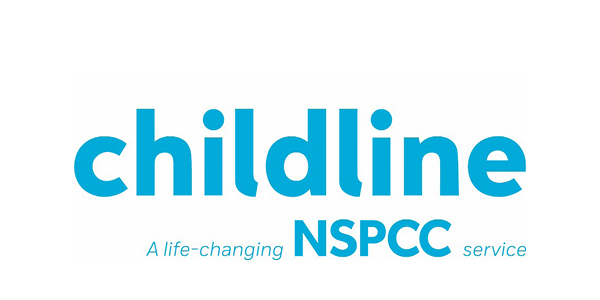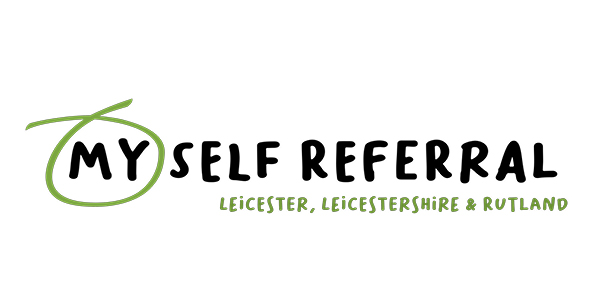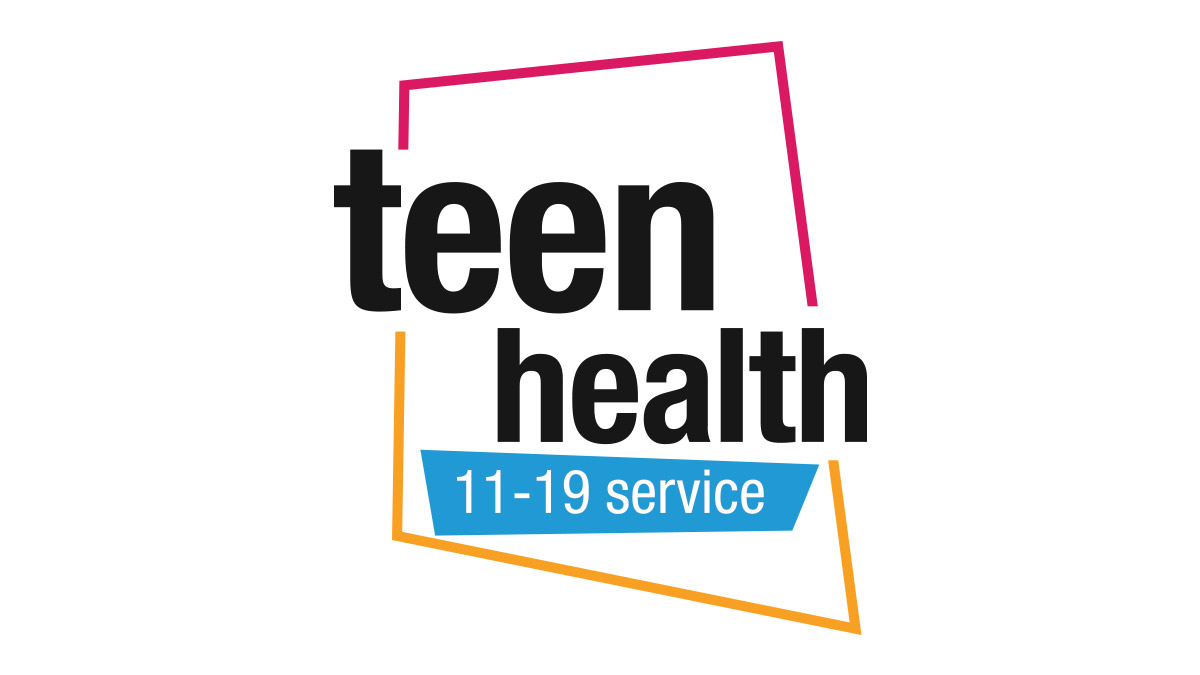Feeling Down


How do you feel?
Everyone will feel sad or low in mood at times; it’s a normal part of being human. If these feelings continue for a long time, and start to make everyday life difficult, you may be experiencing depression.
If you think you are experiencing depression or low mood it’s really important that you speak to someone you trust about how you’re feeling – this could be a friend, family member, a health professional like your doctor, or a teacher. Sharing how you’re feeling is often the first step to making changes to feel better. You don’t have to face this alone.

How to problem solve difficult situations
When we feel low, issues that come up seem big and impossible to solve. This can make us feel low and demotivated. Sometimes it can feel overwhelming and a struggle to make sense of how we’re feeling. Some people find journalling or keeping a diary can be really helpful. Try writing down or thinking of three things that you are grateful for every day, or just draw or doodle whatever helps you to feel more positive.
It is very important to be kind to ourselves, and an act of kindness for someone else can help us to feel better too. Always remember that emotional health is linked to our physical health, and any type of physical activity like going for a walk, playing a sport, or even moving around can really help us to feel better physically and emotionally.
If you need urgent help...
If you are feeling down and you feel you need urgent mental health support, talk to a trusted adult or call NHS 111 and select option 2 for mental health, available 24/7.

You can also try using the steps below next time you have a problem at school or home that you are struggling with.
- Choose your problem
- List all the possible solutions
- List the advantages and disadvantages
- Choose one you feel comfortable with
- Make a plan
- Do the plan
- Reflect – how did the plan go?
Always remember it is good to talk things through with someone you trust like a trusted adult such as your parents or carers.
"Look for something positive in each day, even if some days you have to look a little harder. "










